Sectoral expertise
Transport & Mobility
The mobility sector is undergoing an accelerated transformation, with the need to decarbonise transport, increasing regulatory pressure and ever more demanding users.
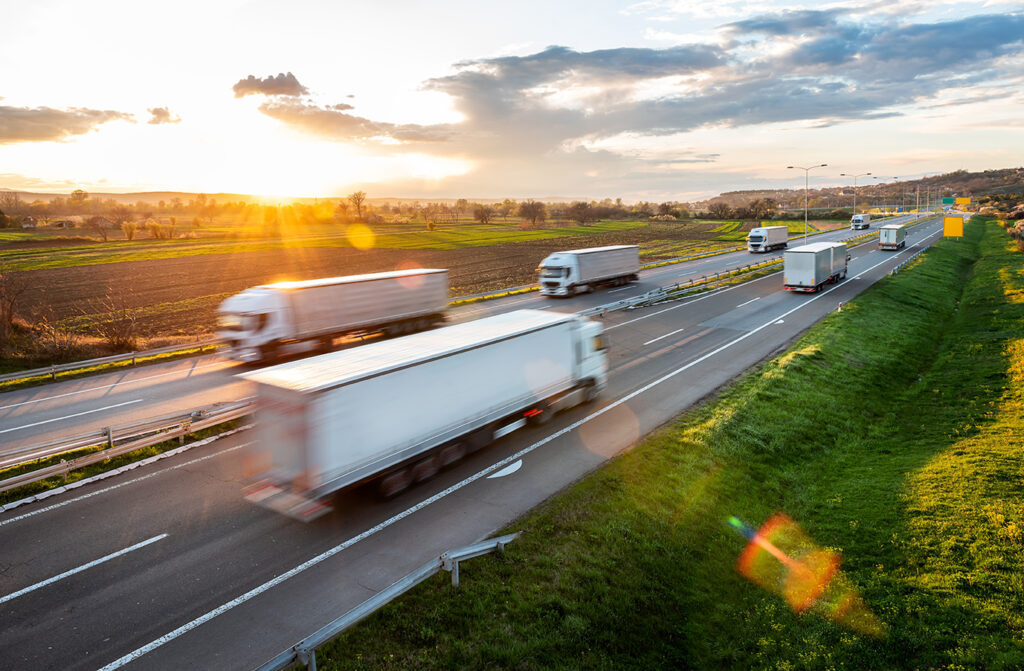
The challenges facing the sector
With ever-increasing technological integration, the digitalisation and security of systems is a major challenge for all modes of mobility. The ongoing transition is putting pressure on players to make colossal investments (in production and usage infrastructures) and, consequently, to finance them. Finally, the flexibility of business models is going to become essential if we are to integrate the circular economy to cope with shortages of materials, incorporate fast-changing mobility consumption patterns and demographic trends that could accelerate.
Airfreight
- Demand is bouncing back strongly, but manufacturers are struggling to ramp up their production rates because of disruptions to their supply chains, which could last for some time.
- Reduction of greenhouse gas emissions, with the threat of potential future regulations that could be more stringent or even have a major economic impact (carbon tax).
- The development of synthetic fuels is a priority, as is the adjustment of business models to incorporate a form of sobriety.
Railway
- Opening up the rail market to competition and the transformation that awaits the sector in the coming years.
- Very heavy investment will be required to increase capacity, with ever-increasing enthusiasm for the train, while at the same time facing up to competition from which it was to some extent protected and responding to public service injunctions.
- Politics will play a major role in this sector, as manufacturers and operators need visibility and stability to adapt.
Automotive
- With the planned phase-out of internal combustion vehicles in Europe by 2035 and the gradual introduction of low emission zones, the sector is gearing up to electrify its offering.
- The sector is tending to concentrate to absorb the mass of investment and face up to competition from China.
- The predicted shortages of materials mean that there is a strong need for circularity and technological innovation to limit dependency. Managing resources and stocks is crucial for these companies. .
Your challenges and our solutions
Disrupted Supply Chain
To optimise costs, the transport industry has created globalised supply chains that are now too fragile to cope with the accumulation of risks. We can help you to:
- Regionalise your supply chains by developing a risk management approach to purchasing and promoting partnerships to increase the visibility of your supply chains.
- Help you adopt variability absorption systems to improve your resilience.
Circular Economy Integration
Awareness of our ecological footprint and the limited availability of certain materials are driving all players towards greater eco-design and circularity. Through our pioneering position in these areas, we can help you to:
- Identify ways of circularising your model throughout your value chain
Carbon footprint reduction
This varies greatly from one sector to another. While the aviation sector has a very high Scope 1, the automotive sector has a low Scope 1 and a very high Scope 3. The best way to help you is to support you:
- Measuring your footprint to define the relevant levers on which to act.
- Supporting your teams in implementing actions with the greatest potential to reduce your footprint throughout your value chain.
Integration of digitalisation and AI
Process optimisation and traceability are high added-value areas for development. By analysing your practices and systems, we can help you to :
- Create your digitalisation roadmap, select the best digital solutions (ERP, APS, WMS, TMS, MES, etc.) and implement them.
Resource optimisation
Increasingly, companies in the mobility sector are having to contend with shortages of skilled labour, available floor space, strategic materials and so on.
Our expertise in operational excellence will help you to:
- Implement lean and SQCDME approaches.
- Optimise the energy efficiency of your buildings.
- Improve your planning.
- Visualise your weak points.
- Implement more robust and sustainable practices.
Among our
references
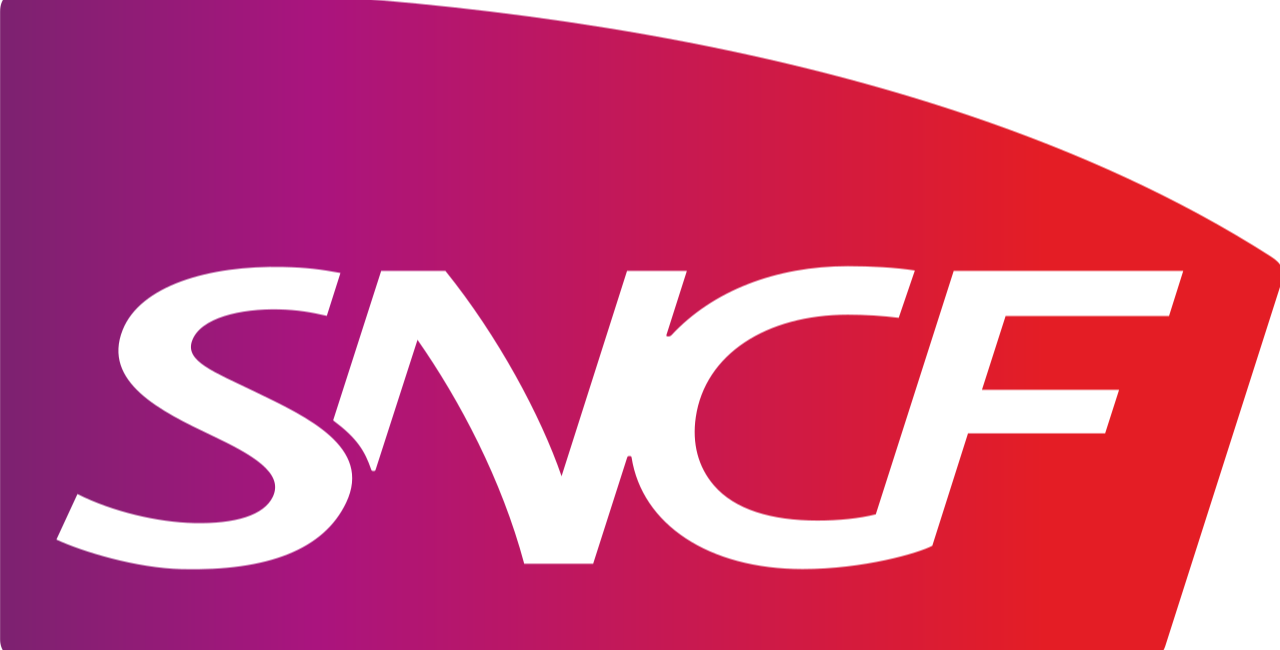
Logistics diagnosis
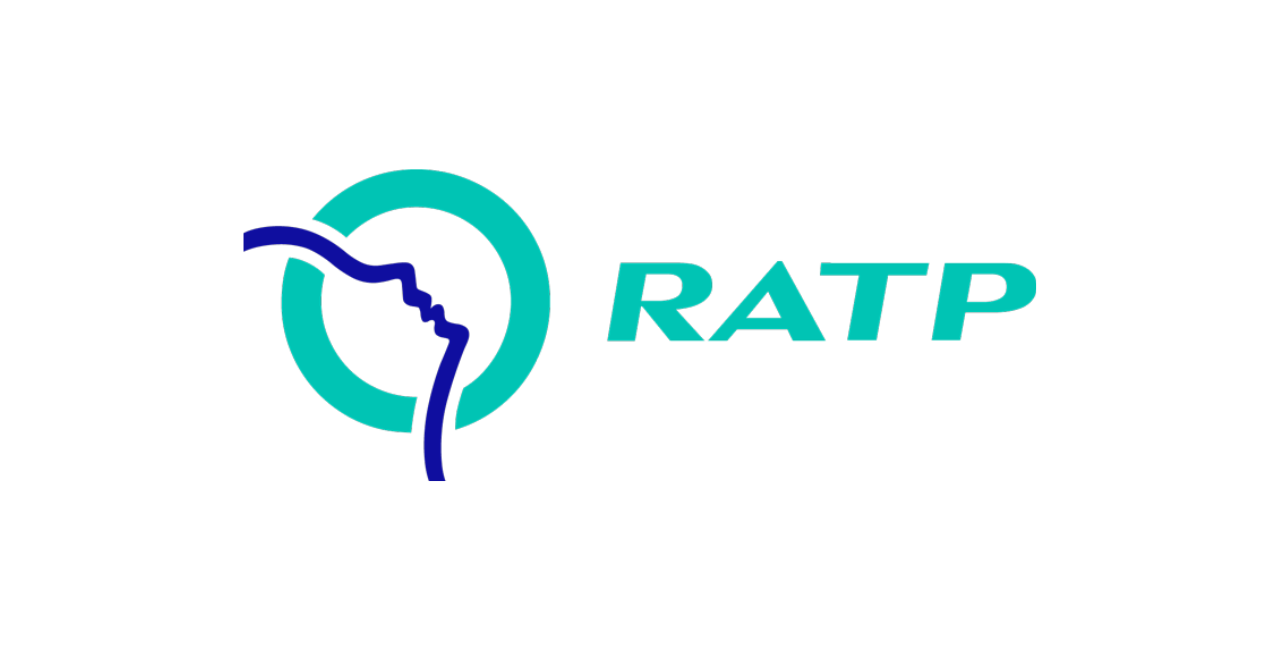
Logistics and operational performance

River transport logistics study
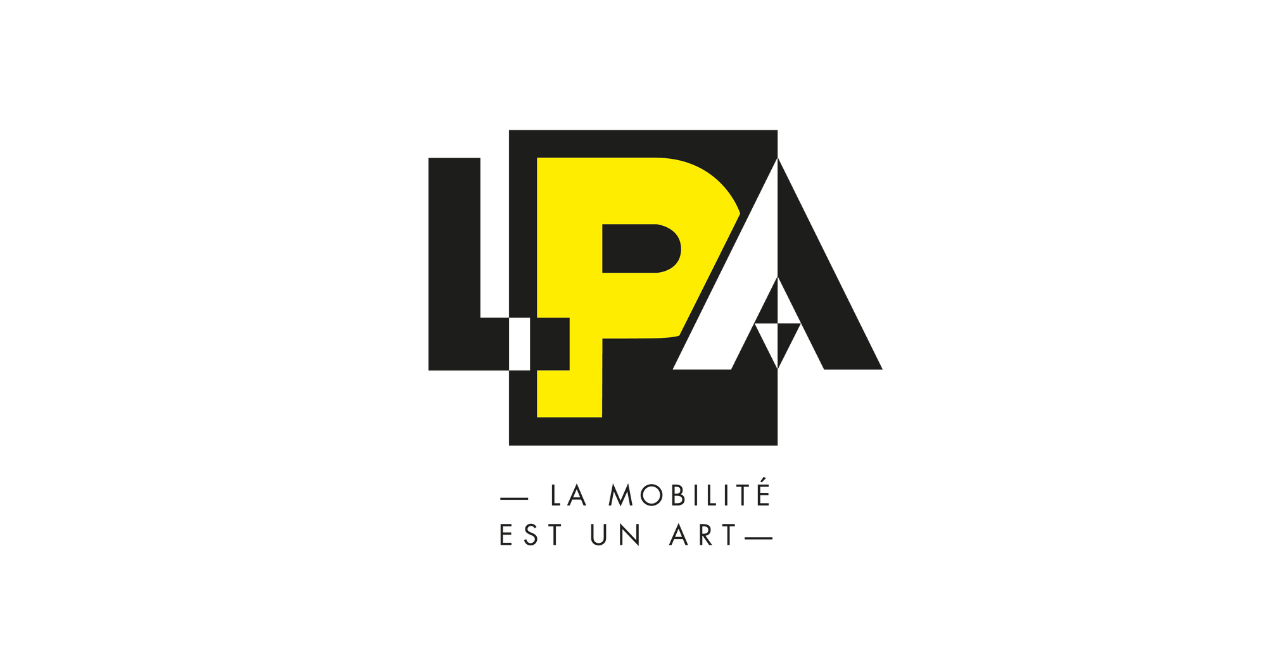
Organisational transformation support
Use Case

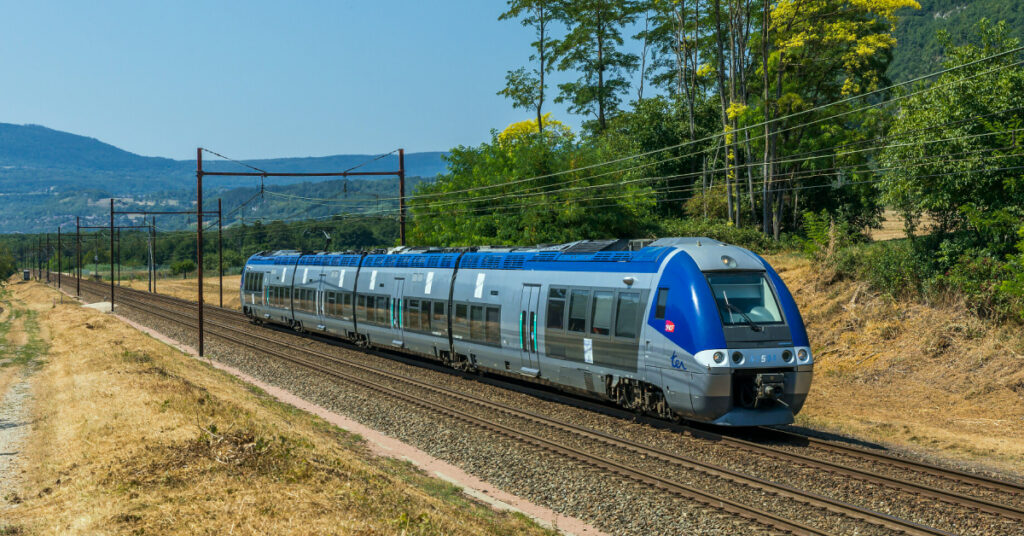
Reducing congestion at an industrial technical center
Our involvement
Analysis of the Technicenter’s overall situation:
- Analysis of internal flows
- Calculation of the number of theoretical flows vs. actual flows
- Analysis of stocks: analysis of stock bottlenecks in 2 specific areas: logistics and the hub (storage area for deposited parts = to be refurbished).
- Analysis of containers
- Analysis of workstands (reassembly/disassembly)
- Modelling of the load in m2 per day on a stan
Construction of an improvement plan:
- Definition of the scope of work
- Definition of guiding principles
- Definition of target workspaces
- Site flow chart
- Zone sizing simulator (Hub, timing, etc.)
The results
- Definition and sharing of guiding principles for all Technicenter projects and workstreams (validated by the SteerCo)
- Initial framing of all projects, input and formatting in SNCF format, appointment of project teams and managers and associated rituals
- Development of simulation tools in Excel: for sizing the hub, the packaging area and the scheduling area
- Timeline validated and shared with all the site’s managers
- Construction of the complete roadmap of projects up to 2024

A Project ? Contact us
Transport & Mobility Manager
Antoine is a supply chain specialist in operations, consultancy and information systems, working in a number of sectors including automotive, transport and industry. In particular, he has worked on maintenance and spare parts issues with RATP.